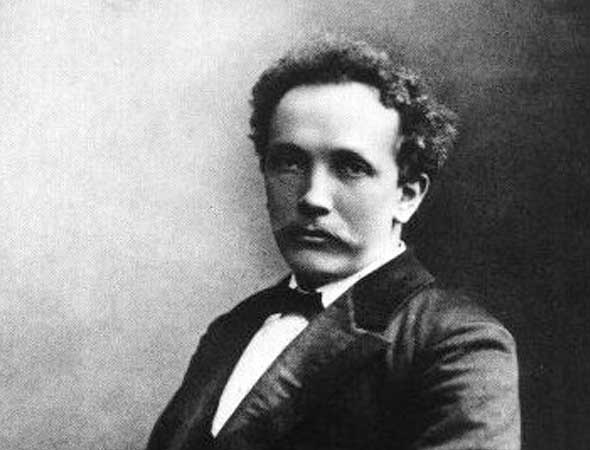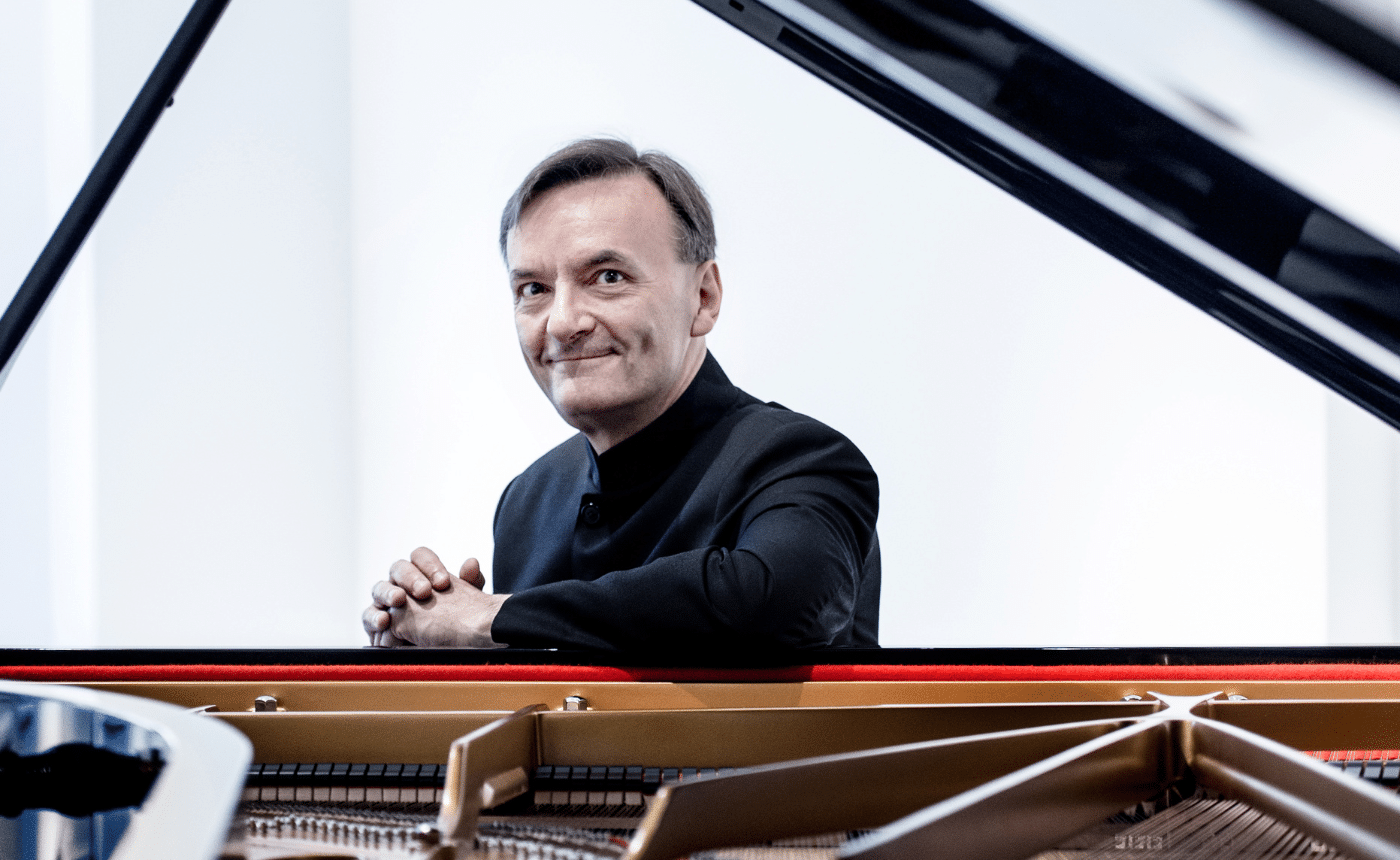R. STRAUSS: Macbeth
by Jeff Counts
THE COMPOSER – RICHARD STRAUSS (1864-1949) – Most men turn from their fathers at some point. The pull to embrace new thought and define oneself, not necessarily in opposition to dear old dad, but as a logical next step from him, is too powerful to ignore. That fact that this impulse is so often embodied by surrogate patriarchs deserves some unpacking, but not here. For now, it must suffice to identify that person in the life of Richard Strauss. Alexander Ritter was husband to Wagner’s daughter Franziska and a musical revolutionary who worshipped not only the god of Bayreuth but also Franz Liszt, two composers Strauss had been taught by his father to doubt. Ritter took Strauss under his wing in the 1880s and the young conductor’s eyes could not be closed so easily after that.

THE HISTORY – According to Strauss, Ritter convinced him that the “path onwards from Beethoven …led via Liszt who, like Wagner, had rightly recognized that sonata form had been extended to its utmost limits with Beethoven. New ideas must seek out new forms for themselves”. Macbeth, written during 1887 and 1888 proved to be a difficult test of the balance Strauss had to maintain between his “two fathers”. While Ritter surely encouraged what Strauss identified in letters as his “completely new path” with Macbeth, his actual dad, Franz, implored him to trim its “instrumental fat” and reminded his son that “the greatest music can be written without experimentation”. Strauss, clearly conflicted but also not entirely happy with the density of his original orchestration, revised the score off and on for a couple of years. The delay caused Macbeth, the first of what Strauss considered his tone poems, to be performed third after Don Juan and Tod und Verklärung. Regardless of its unfair position in the shadow of Don Juan, Strauss considered Macbeth the original manifesto of his intentions as a composer. In a letter to Hans von Bülow, he spoke of the “ever increasing contradiction between the musical-poetic content I want to convey and the ternary sonata form that has come down to us from the classical composers.” Macbeth was Strauss’ first real attempt to reconcile, and ultimately nullify, this dilemma. The character of Macbeth, one of Shakespeare’s most iconic tyrants, is brought thrillingly to life in Strauss’ music. Since there was no way to condense the entirety of the play into a concert piece, Strauss chose to introduce the main actors – Macbeth and Lady Macbeth – before exploring cardinal points in the tale. We hear Lady Macbeth’s persuasive efforts, the murder of King Duncan, the subsequent crowning of Macbeth, the mounting madness of both betrayers and, finally, Macduff’s fateful approach.
THE WORLD – Elsewhere in 1888, Wilhelm II was crowned German Emperor, the National Geographic Society was founded in America, Louisa May Alcott died of a stroke and Vincent Van Gogh famously removed a portion of his ear.











